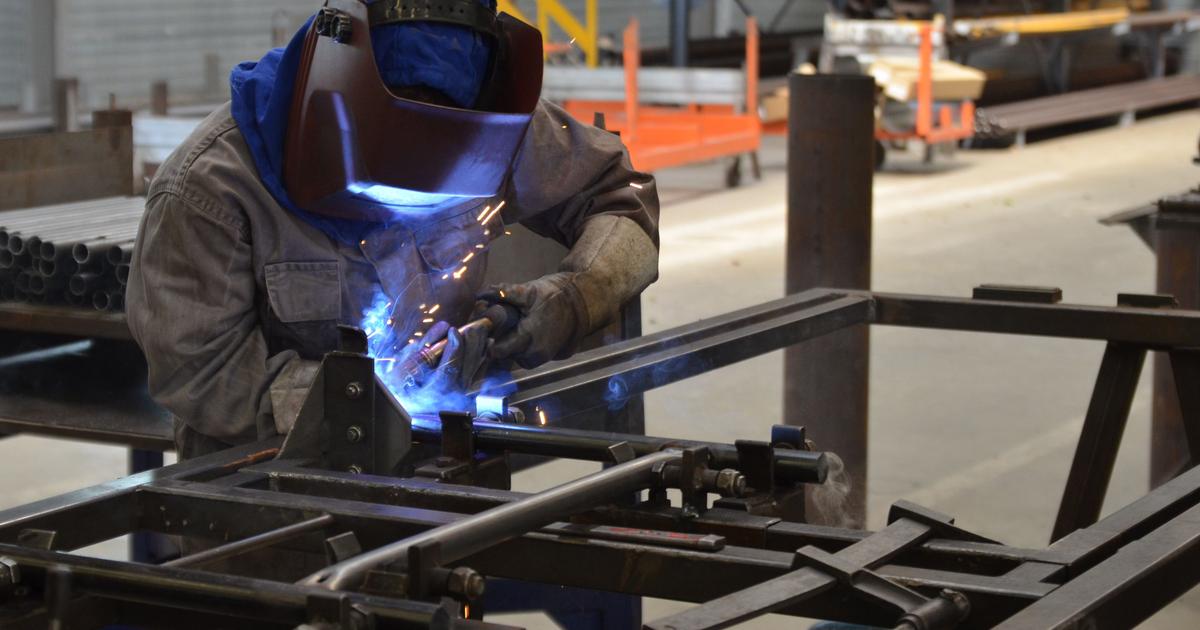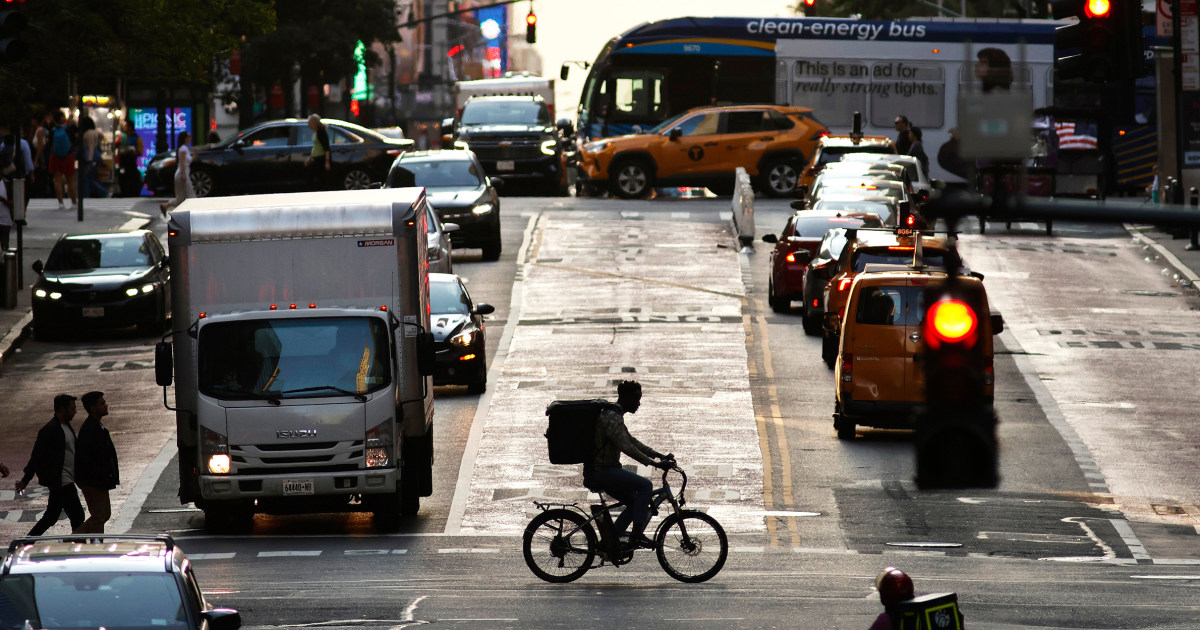Brazilian labor passport Gustavo Mello / Getty Images / iStockphoto
Silvan Nunes had been working in Brasilia for five years when he was fired.
A law graduate, he was one of 7.8 million Brazilians who saw their jobs disappear amid the pandemic.
“I was working from home, but they wanted me to go back to the office.
I couldn't do it because I live with people who are vulnerable to Covid, ”says Silvan, who has been working as an artist ever since, selling his own paintings.
Stories like Silvan's exemplify the findings of the recent World Bank report
Employment in Crisis:
A Path to Better Jobs in Post-COVID-19 Latin America
.
Gathering decades of experience with data on previous economic crises, the study proposes solutions for governments to implement public policies that allow them to respond appropriately to this new crisis.
world Bank
The economic consequences of covid-19 in the Latin American middle class
How to age well in Latin America
The conclusion is that unemployment, rising inequality and low wages, the so-called “scars” of the Brazilian labor sector, can last up to nine years among workers with less education.
The report also concludes that the aftermath of crises are much less durable among the more educated.
What was wrong got worse.
With the Covid-19 pandemic, formal job vacancies have become increasingly rare and less stable in Latin America and the Caribbean.
The numbers from the International Labor Organization (ILO) are revealing: 26 million people lost their jobs in the region due to the pandemic.
Unemployment in Brazil
Thuany Belizário lives with her husband and three-year-old son in a rented house in Sao Paulo. For years her family saved to buy an apartment, when they managed to make the down payment, the 25-year-old lost her job after the company she worked for two years began laying off staff as a result of the pandemic. She later managed to get a job at a gas station, but was once again fired because of the pandemic.
With the same right as most Brazilian citizens who are fired without just cause, Thuany applied for and received unemployment insurance. However, the process was not easy. “There were many difficulties to gain access. Once I was approved, the payment took a long time, causing us financial problems. Now I live just like any other person with financial problems in Brazil: having to choose which bills to pay and which not. And so life goes on, ”says Thuany.
Now Thuany is one of the two-thirds of the Brazilian workforce that are not formally employed. To supplement her income, the young woman became a "todologist", a person who does everything: manicurist, eyebrow designer and lingerie salesperson. “It was difficult to create a network of clients. In general, it is something that is done by word of mouth, but since my son does not attend school due to the pandemic, it is almost impossible to ring the doorbell from house to house with a suitcase full of lingerie, a three-year-old boy and a full bag of tools ”, he describes.
Joana Silva, a senior economist at the World Bank and co-author of the report, indicated in a webinar held on July 20 to present the report in Brazil that women face very particular obstacles when seeking formal employment. In any case, Silva says, "whether they are men or women, the crisis is raging on the most vulnerable and the least qualified."
This is the case of Regileide Carvalho.
Known as Régia by friends and clients, she worked as a massage therapist for more than ten years in the same building.
When the local government declared a health emergency and closed the building, Régia felt lost, with nowhere to go on weekdays and - more importantly - without a regular salary at the end of the month.
She became a businesswoman and rented a small office.
But it didn't work because he couldn't get enough customers.
Measures against unemployment
Brazil is one of the most unequal countries in Latin America, according to the World Bank.
Anyway, all is not lost.
As mentioned in the report, when there are job offers, even if they are not formal, the economy and social welfare in general recover better and faster.
The lesson is clear: for current and future generations, the actions taken by the government right now not only impact the next two years, but the next ten.
"It is a very great responsibility," reflects Silva.
Matteo Morgandi, Senior Economist at the World Bank, recognizes that greater support could be given to the unemployed, without increasing the fiscal cost, if both the unemployment insurance program and the FGTS pension program were redesigned in line with international best practices and the savings achieved used to invest in active labor policies.
“Securing not only financial aid, but also job search support and skills development is crucial to protect vulnerable workers from
future
shocks
; it would improve the chances that the unemployed would quickly find their next job, ”Morgandi concludes.







/cloudfront-eu-central-1.images.arcpublishing.com/prisa/PLLMQZDHVVEMHBHGHSS4ZY4A2E.jpg)

